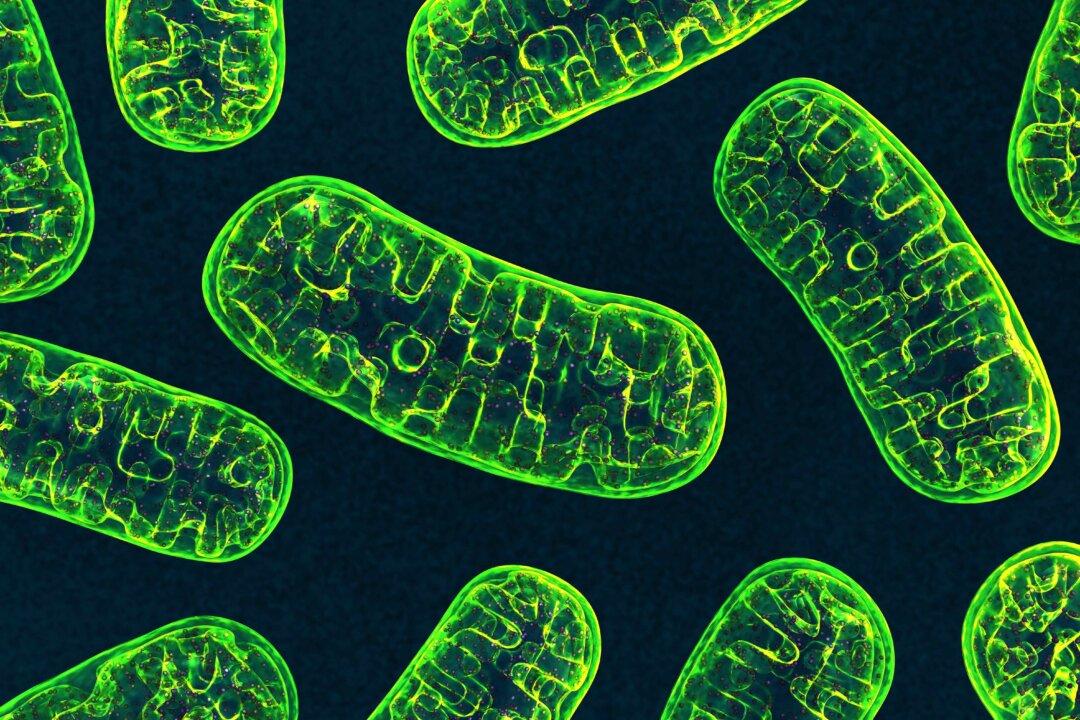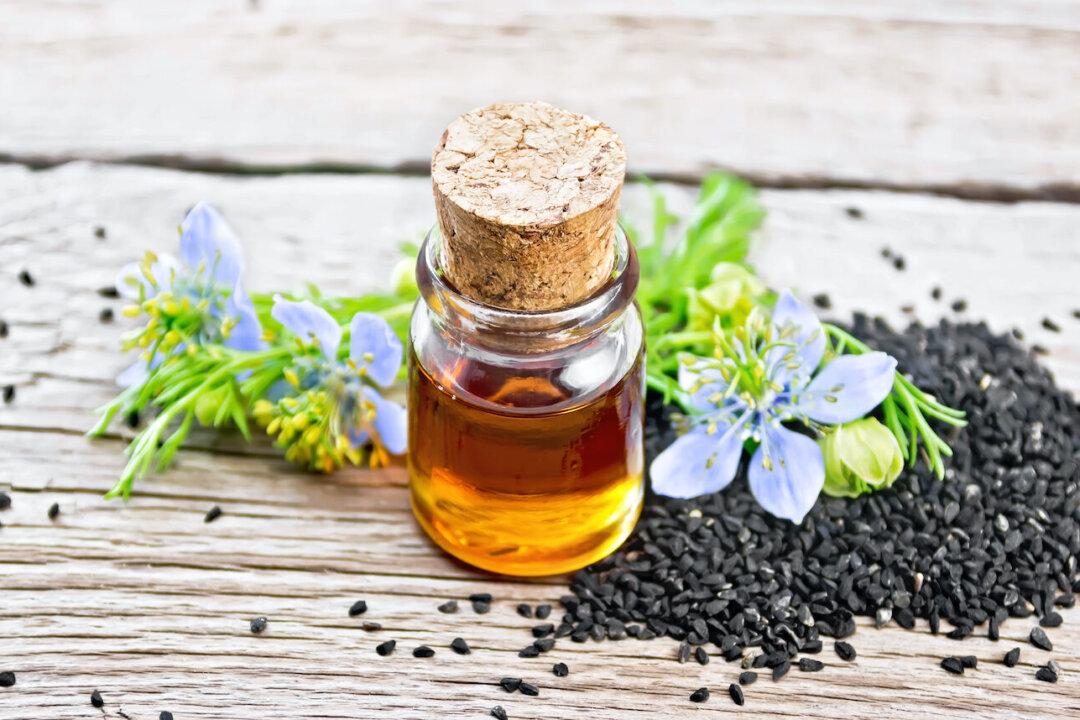An innovative method for improving memory during sleep was recently discovered. This new intervention could potentially restore memory capabilities following brain injuries, or assist treatment of patients with post-traumatic stress disorder (PTSD).
Researchers at Tel Aviv University and the Weizmann Institute of Science have found a method that relies on a memory-evoking scent administered to one nostril. Their findings were recently published in the journal Current Biology.






